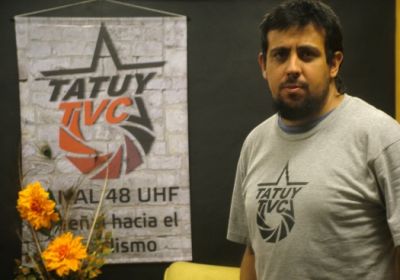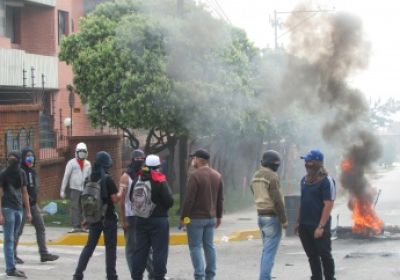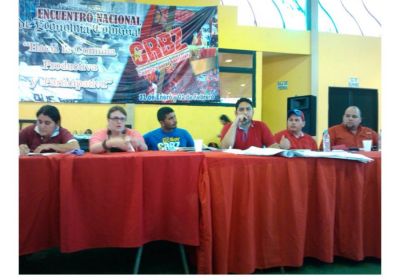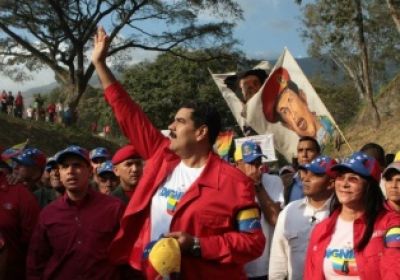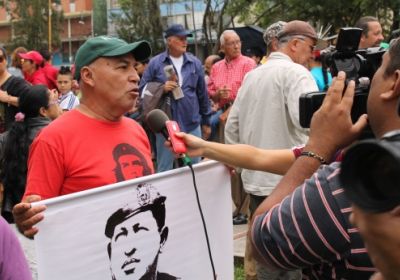
A familiar sea of red shirts, large banners and a revolutionary sing-along soundtrack: at first glance this year’s march for the International Workers Day on May 1 was business-as-usual in the Andean city of Merida.
The celebratory atmosphere was due in part to the announcement by Venezuelan President Nicolas Maduro on April 30 of a 30% rise in the national minimum wage.

